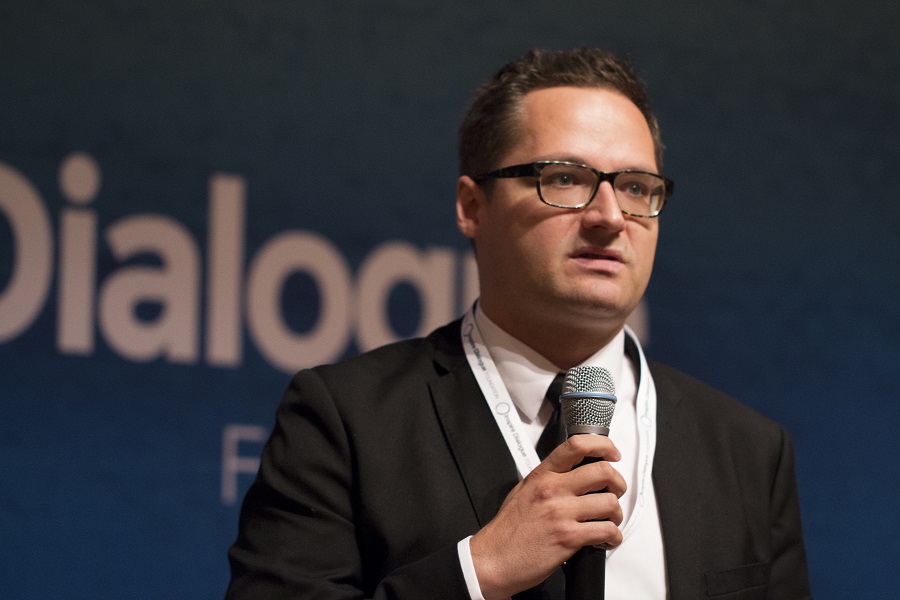Inspire Dialogue Introductions: Frederick Smets
United Nations High Commission for Refugees (UNHCR)
“Most of these people do not need money, but they need somebody that they can have a conversation with.”
I am here to talk about one group of strangers in the world today who are extremely vulnerable. These are the refugees, the people who are fleeing conflict. Today we have the largest displacement of peoples in the world since the second world war: more than 65 million people – which is equivalent to the entire population of a country such as France or the UK, or one in every 113 people worldwide – who are displaced by war, conflicts and persecution. This is an enormous crisis.
This group of people is increasingly exposed to prejudice, racism and xenophobia – and there are a large number of clichés which circulate about them. To name just a few that are prevalent in Europe: one is that all these refugees are coming to Europe, and we cannot take all of them; another one is that a lot of these people are terrorists and therefore they are a security risk; another is that they will come to Europe and take our jobs.
What can we do to counteract this, as states or as individuals, to ensure that hatred and bigotry and all these negative things are not accommodated? First of all, we need to get our facts right: for example, take the idea that all these people want to come to Europe and we are likely to be overrun by them. This is not a true fact. Only 6% of the world’s displaced people find refuge in Europe; the majority, 90% of the refugees, are in the countries surrounding the area of conflict – countries such as Lebanon or Turkey. As for the second cliché, that these people might be terrorists: if we look at the vetting procedures that are already in place under the Geneva Convention and international asylum law, it is clear that every refugee who comes to Belgium or to the UK gets vetted very carefully. They all have to submit a lot of documents and are interviewed for hours on end. So the system that is in place is already pretty solid. Finally, we have the idea that refugees take our jobs. But if you look at the German situation, for example, a lot of industries and businesses actually welcome the opportunity to employ refugees and migrants because they might bring skills and talents that are needed in Germany.
So the first thing is to get the facts straight – because, as Lord Williams has said, there is a lot of untruth that has been fed to us recently. The second point is that I think that many people have lost their curiosity about ‘the other’. I have lots of speaking engagements in many different settings, and I gave one recently in my own village where there were many elderly people. After I had finished they said: Okay, these refugees are not so bad, but now what? What can we do for them? Well, the situation in Europe now is that most towns and cities have refugees living in them, and it is very simple to reach out to them, and offer help with things like going to the supermarket, or advice with administrative things etc. Most of these people do not need money, but they need somebody that they can have a conversation with, or who can help them with practical things. In my experience this is more valuable than simply giving money.
Finally, there is the importance of education. One of the main things that we are doing in the UNHCR is developing a worldwide platform for educating school children about refugee issues. The objective is to offer teachers the tools and the facts that they need for instructing their pupils in primary and secondary education, so that they can bring this big issue into the classroom and start educating our young people and children. It is very important that we create minds that are open to strangers, and in this way change our attitudes towards them.
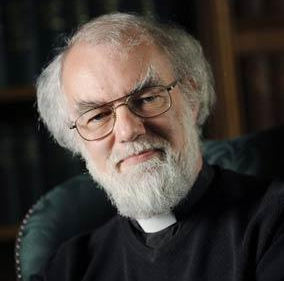
Inspire Dialogue Introductions: Lord Rowan Williams
Master of Magdalene College, Cambridge
“When we go out and encounter others, we are asking for something that is not already there to come alive in us.”
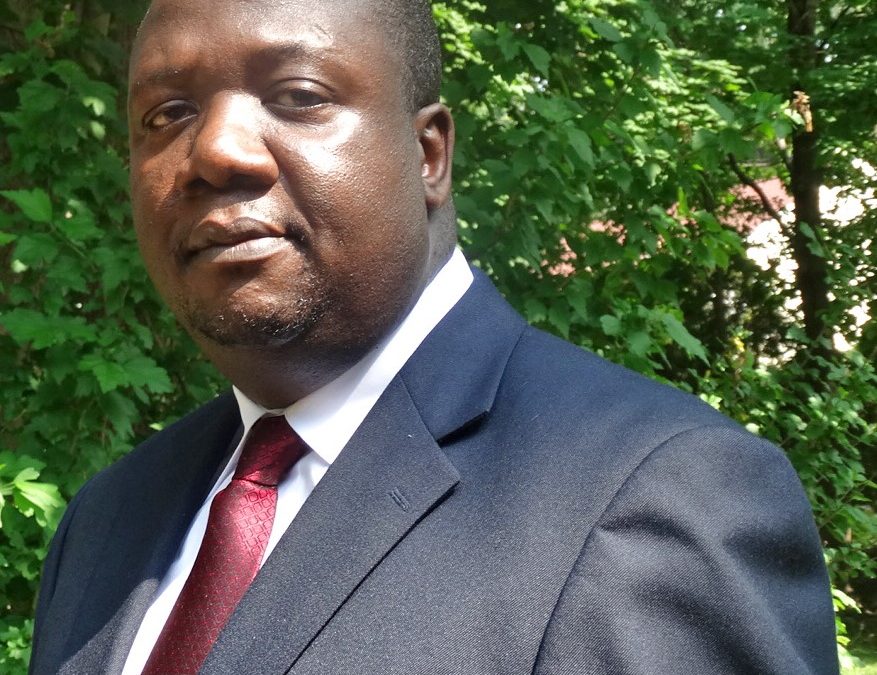
Inspire Dialogue Introductions: Tawanda Mutasah
Senior Director of Law and Policy for Amnesty International
“The stranger or ‘the other’ is a notion that we construct in our quest for a resource. In reality, there is no ‘other’…”

Inspire Dialogue Introductions: Baraa Halabieh
English-Arabic translator
“What makes humanity so beautiful is our multiculturalism… the variety in our colours, cultures and beliefs is what makes us all unique.”
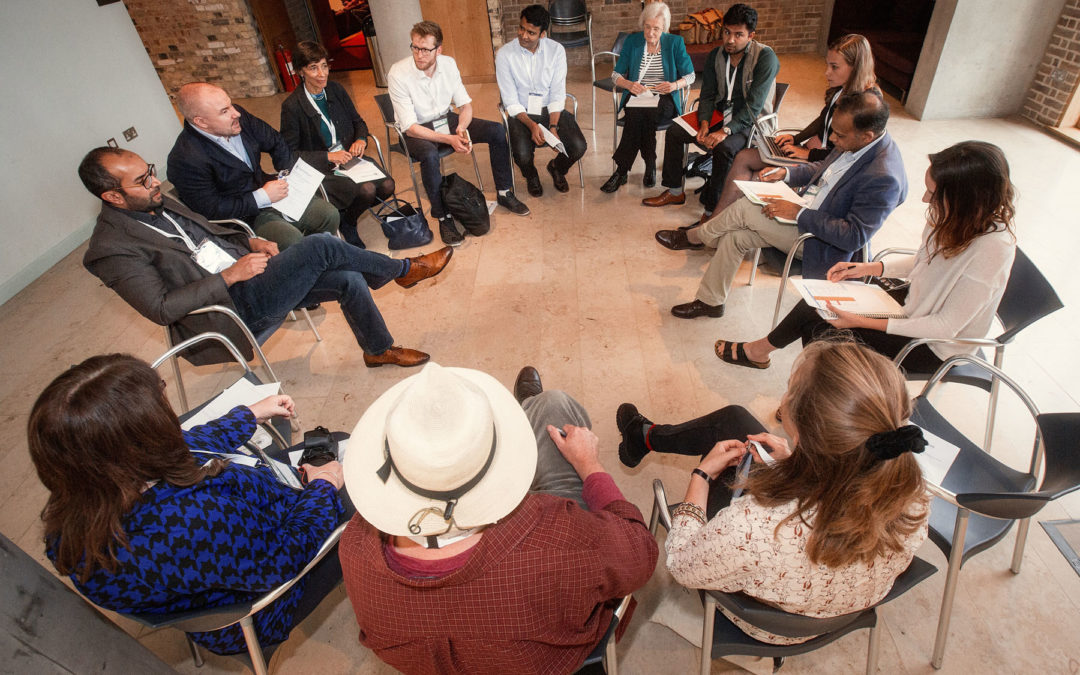
Inspire Dialogue Summaries: The Environment
Bhaskar Vira
“How do we have a dialogue with someone who is fifty years away from inhabiting this earth? This leads to considerations of inter-generational responsibility.”
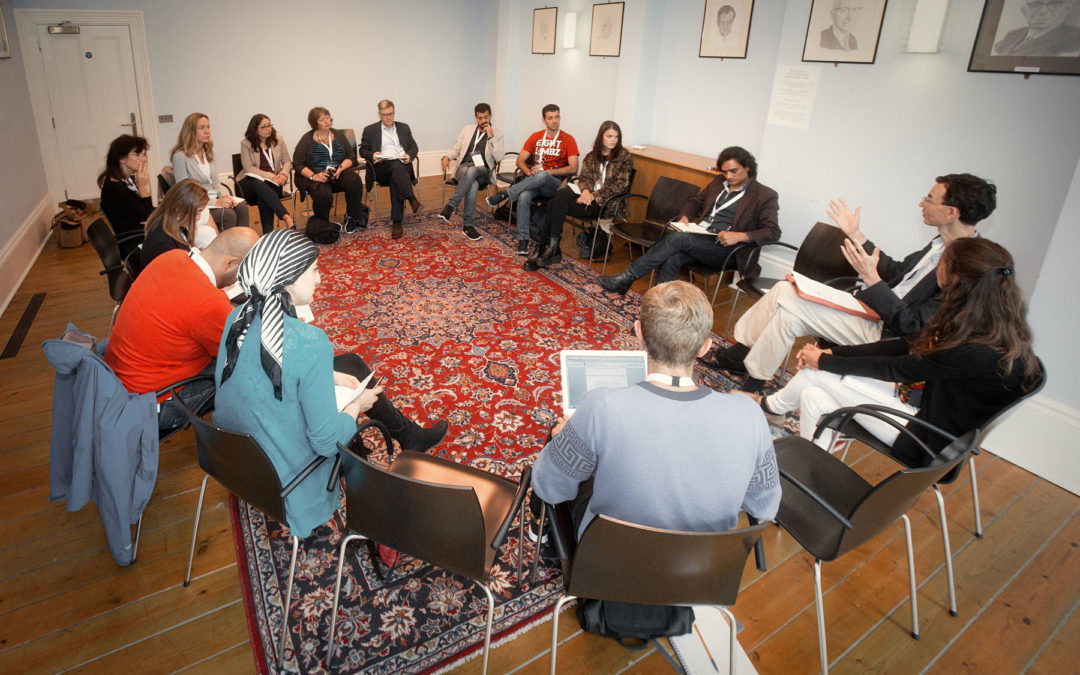
Inspire Dialogue Summaries: Conflict Resolution
Brendan Simms and Alison Liebling
“We were criticised and ridiculed by other professional groups for coming into a maximum security prison with the word ‘trust’ in mind.”
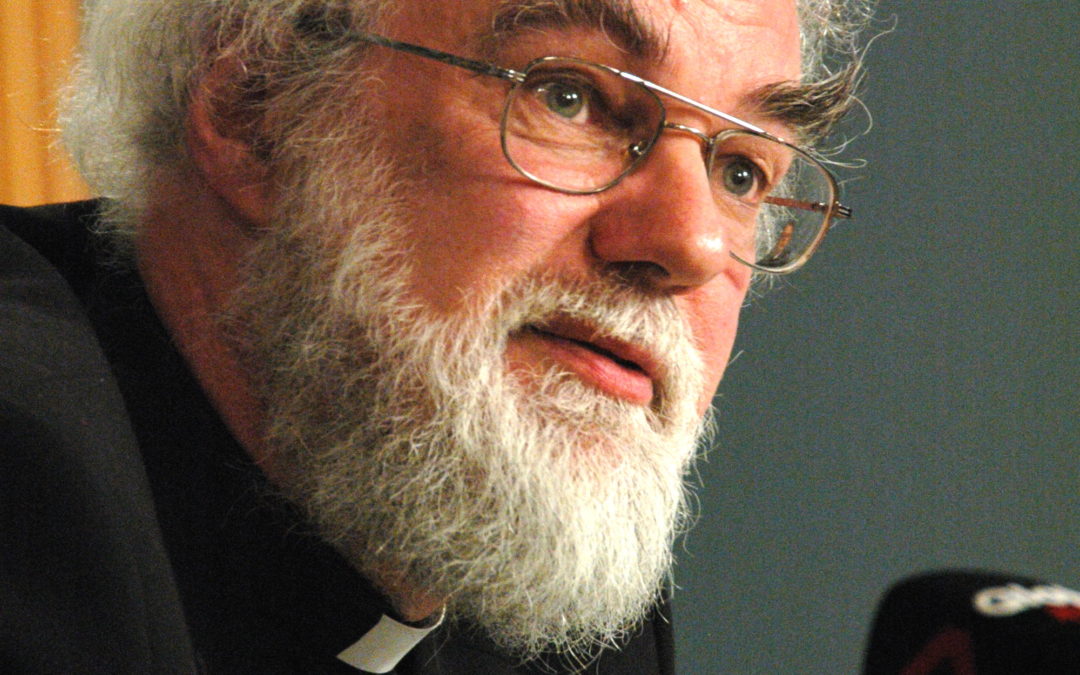
Inspire Dialogue: Final Summary
Lord Rowan Williams
“To be able to imagine that things don’t have to be as they are is perhaps one of the most important things that human beings ever do.”
MORE IN BESHARA MAGAZINE:
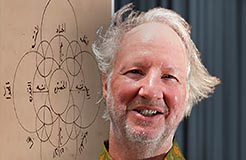
Bringing Light to the World: the Vision of Ibn ‘Arabi
Dr Eric Winkel talks with Jane Clark and Richard Gault about what the wisdom of the great philosopher/mystic can offer us in these troubled time
‘At some point we have to get out of the head and out of the intellect and ask: Can we look with our hearts?’
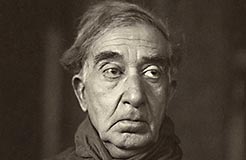
Personal Integrity in the Poetry of C.P. Cavafy
Andrew Watson pays homage to Greece’s most famous modern poet, whose message of quiet fidelity to our own values still has great resonance today
‘What matters is the spirit in which the journey is undertaken: the desire to observe, to learn, to seek beauty, to take time…’
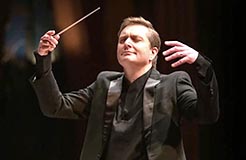
The Art of Conducting
British conductor James Lowe talks about the nature of music and the influence of the Tao Te Ching on his work
‘Great art and music dissolves barriers, allowing us to touch on something transpersonal, something above ourselves.’

AI and Spiritual Intelligence
Mark Vernon dives into the debate surrounding digital technology
‘Where AI processes what is concrete and known, spiritual intelligence is alert to the ineffable, the paradoxical, the mythological.’
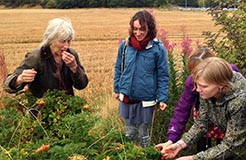
Eating the Wild
Charlotte Maberly investigates the benefits of foraging, and talks to Scottish food writer and historian Fi Martynoga
‘Eating nature may be the best and most accessible method we have of creating bonds with it.’

The Cosmos in Stone: the Ascent of the Soul
Artist–Geometer Tom Bree explores the symbolism embodied in the design of the Dome of the Rock in Jerusalem and Wells Cathedral in Southern England
‘The heavenly bodies present the soul with an image of its own inner workings. To look out into the universe becomes analogous to looking inwards.’
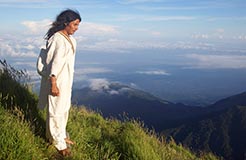
Bringing the Land Back to Life
Alan Ereira talks about the wisdom of the Kogi Indians and an important new UNESCO project in the Sierra Nevada de Santa Marta in Colombia
‘There is one system; we are part of it and the world is part of us. If you separate us from the world or the world from us, neither can survive.’
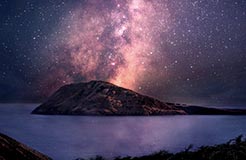
The Grandeur of the Night Sky
Hannah Dalgleish invites us to rekindle our ancient relationship with the night at a time when light pollution is becoming a global disruption
‘The night has always held a special place in human spirituality, associated with the mystery of the unknown and the search for self-knowledge.’

An Integral Approach to Dementia
Gerontologist Bettina Wichers talks about her holistic understanding of this widespread disease of old age
‘Even though the mind dissolves itself, it is still in consciousness, because this existence is always in consciousness…’
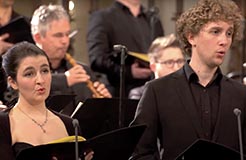
A Thing of Beauty…
Robin Thomson appreciates the music of Bach and an inspiring new performance of his St John Passion
“One of the stated aims of the Netherlands Bach Society is ‘to breathe new life into tradition’… The richness of Bach’s works is being opened up to the entire world, for anyone who wants to listen.”
